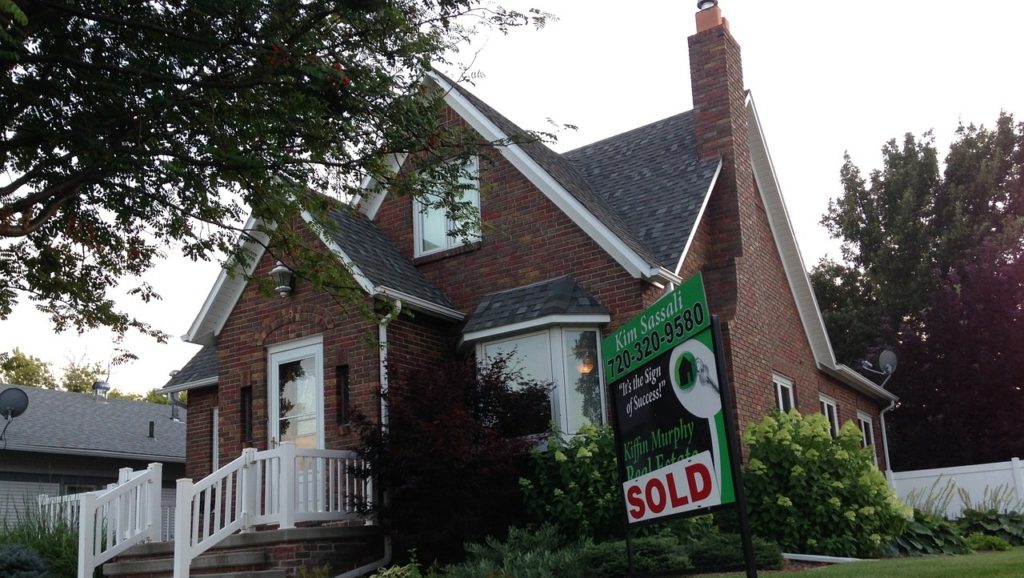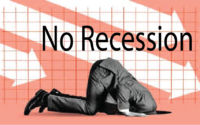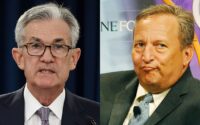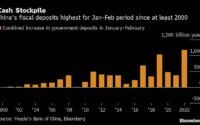Mortgage Rates Chart Biggest Weekly Increase in 11 Years

The Federal Reserve launched its fight against inflation earlier this month, but it wasn’t exactly shock and awe. The Fed raised interest rates by just a quarter percent. Peter Schiff called it the most anticipated and least significant rate hike ever. Meanwhile, the central bank continued to expand its balance sheet.
While the Fed’s tiny monetary policy adjustments won’t likely put a dent in inflation, they are already having an impact on the economy. Last week, mortgage rates charted their biggest weekly increase in 11 years.
How long will it take for rising rates to pop the housing bubble?
According to the Mortgage Bankers Association, the contract rate on a 30-year fixed mortgage shot up from 4.5% to 4.8% last week. Mortgage rates are now at the highest level since December 2018. Rates have climbed by nearly 1.5% since the beginning of the year. This is the fastest run-up in mortgage rates since 1994.
The last time mortgage rates were this high, the stock market crashed and the Fed was forced to abandon monetary tightening.
Unsurprisingly, mortgage applications have dropped as rates rise. The MBA’s measure of loan application activity dropped by 6.8%.
Yields on US Treasuries serve as a benchmark for mortgage rates. Treasury yields have surged due to high inflation and the anticipation of Fed monetary tightening.
Housing prices have surged over the last year. In some markets, we’ve seen home prices rise by as much as 30% year-over-year. The overall National Case-Shiller Home Price Index for January (a three-month moving average) jumped 1.1% from December and 19.2% year-over-year. At the time this data was collected, mortgage rates were in the 3.2% range. Now they’re quickly approaching 5%.
The bubble in the housing market today is bigger than it was before the 2008 crisis. And there is a housing bubble for the same reason. The central bank has held interest rates artificially low for nearly two years. On top of that, this time around, it stuck its big fat thumb on the mortgage market with its purchase of mortgage-backed securities. With those loans off their books, banks could lend more.
The result — skyrocketing home prices.
Justin Haskins summed up the situation in an article published by The Federalist.
Put simply, Americans have literally never seen housing prices skyrocket like they are now for this long of a period. And every time they have approached the numbers we are seeing today in the past — in the 1970s, late-1980s, and early to mid-2000s — there was a massive real estate or stock market crash that soon followed (or both). There appear to be no exceptions, other than a few rare cases where housing prices increased quickly immediately after a crash had occurred.”
Soaring mortgage rates could be the pin that pops housing bubble 2.0.

Call 1-888-GOLD-160 and speak with a Precious Metals Specialist today!
[ad_2]
Source link


